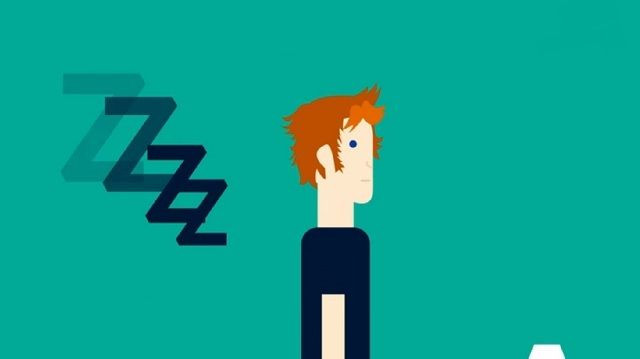Dealing With Lower Back And Joint Pain? Maybe Your Body Clock Is Just Out Of Sync

Your back acting up again? Maybe it’s just a matter of avoiding the late shift at work.
As the above video by IBTimes demonstrates, recent research out of the UK’s University of Manchester published earlier this August has found a peculiar connection between the internal clock that guides our body and our spine’s health.
In both mice and men, the researchers found evidence that cells taken from the discs of the vertebrae — the so-called shock absorbers of the spine — contained proteins that helped align the cells to this internal clock, or circadian rhythm. The researchers theorized that when our circadian rhythm is disrupted, either by age, chronically poor sleep, or late-night shifts, the cells are less able to function, which then leads to chronic inflammation and makes us more likely to develop lower back pain and disc degeneration. Other research has found that some of our body’s natural anti-inflammatory chemicals are most effectively released during daylight hours.
So while we can’t do much about the aging thing just yet, getting plenty of sleep, avoiding jet-lag, and sticking to a consistent schedule that doesn’t turn us into mid-day zombies should help us heal faster from our stiff backs and joints.



























